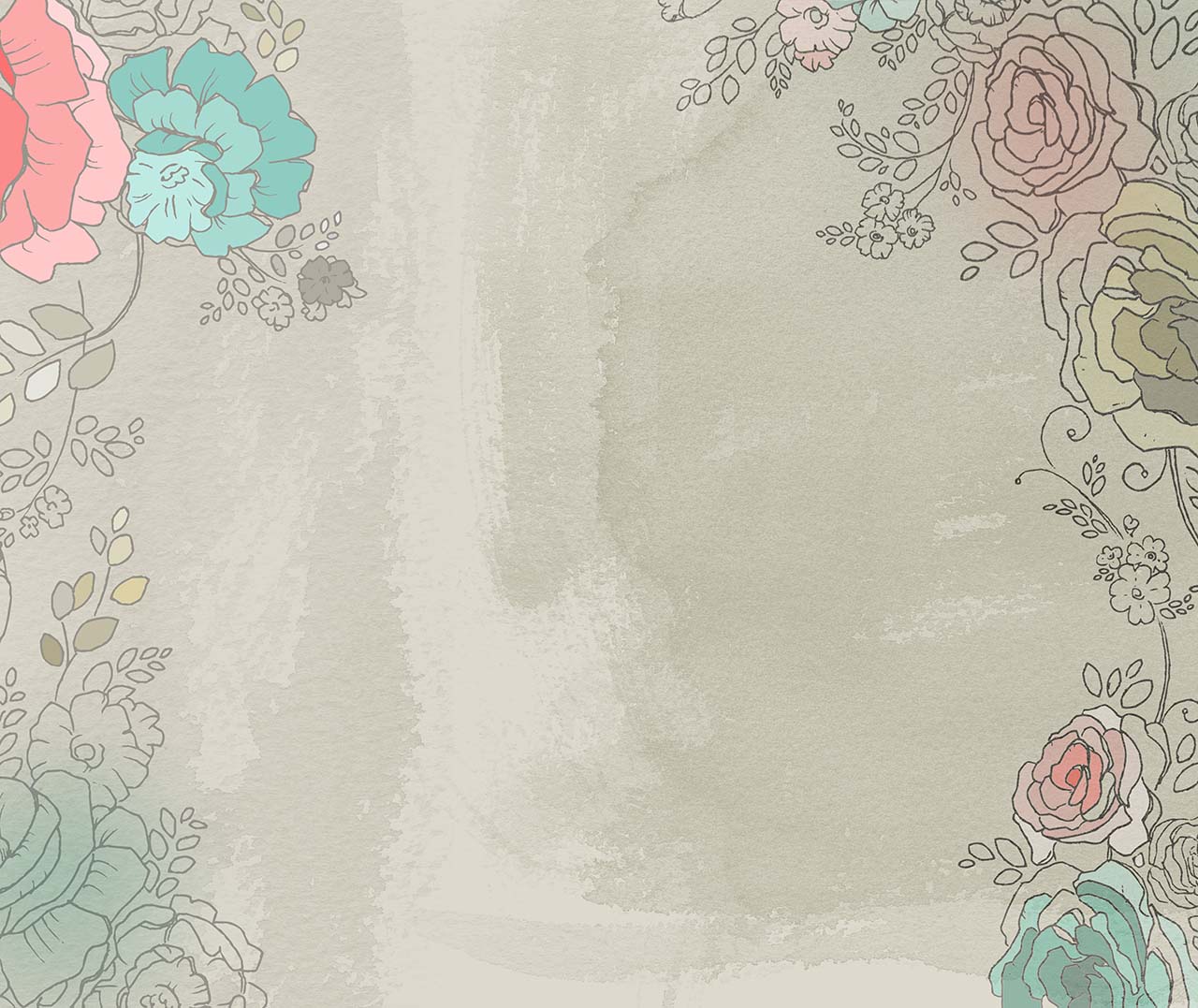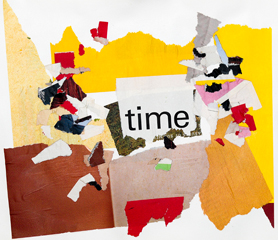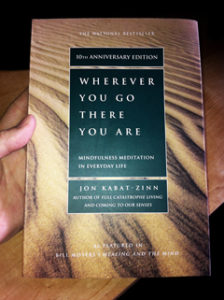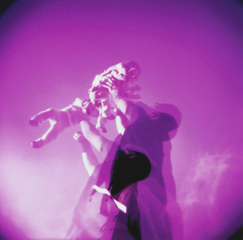Mindfulness – Alive in our Moments
When your child dies, so does your future. It’s a harsh reality but it is true in many ways.
Maybe you can relate to some of the thoughts I had after my son Zachary died:
We decorated the nursery… when do we take it all down? Or do we? Can we bring another child back to this room? The family dynamic I had pictured is gone and along with it my idea for vacations, activities, dinnertime table-talk. My daughter will not have a sibling close in age. I put work on hold to have kids, now what? My son won’t skin his knees bike riding, he won’t graduate college, marry or have kids of his own. Am I always going to feel this ache of my missing child? I have forgotten what makes me happy, nothing seems to do the trick, and I don’t know what the purpose of my life is anymore. I am scared to try for another baby. What if this happens again? …
It’s equally easy to get caught up in the past, wondering what went wrong, if something could have been done, are my genes corrupt, did I eat the wrong things, sleep on my back, commit a sin, j-walk…?
A person could go crazy worrying about the past and fretting about the future. I felt trapped for a long time between these two book ends of extreme thinking. I have not conquered it yet but am working on it.
I have recently learnt the name for what I am looking for to pull me forward from the past and back from the future: MINDFULNESS.
ABOUT THE BOOK:
The book “Wherever You Go There You Are” by Jon Kabat-Zinn was recommended to me by a wise lady and I ordered it online (Amazon $12.99). It is about ‘Mindfulness Meditation in Everyday Life.’ The word ‘meditation’ may seem too religious for many people, too out there so to speak, and originally I wasn’t sure of my position on the matter but I felt like I might as well give it a try. Really, I have nothing left to lose.
I am prefacing my response to “Wherever You Go There You Are” by saying that at this point I am only 21 pages in – but it is not the kind of book you pick up and power through. Each small chapter, anywhere from half a page to three pages in length, teach the kind of insights that require pondering, revelation and then practice.
The main idea is that we must be aware of our moments, like the saying, “live in the present.” By constant future dwelling we create a fantasy world of what ifs and possibilities but are blind to right now, almost like we are day dreaming and thus unaware of what is happening in real time all around us. In Buddhist thought this is way of living is often described as “mindlessness” or “ignorance,” a state that we must awaken from through meditation to fully know ourselves and be aware.
Some may only associate meditation with Buddhism but Christianity also talks about it in the Bible. Jon Kabat-Zinn states that mindfulness meditation has less to do with religion and more to do with a person’s state of mind. I feel this can be applied to anyone no matter what beliefs you hold.
The author suggests that by living in each moment we are more creatively in tune, can make better decisions about what is important and shift from busy body “doing” to just “being.” The techniques described thus far are pretty simple, such as focusing on the moment you are in and being aware of how you feel and what is going on around you.
Another technique is to think about your breathing. It is a small body function that is easy to take for granted but without it we would not be alive. It sounds silly, but being aware of your breathing for a few moments is remarkably calming and focuses your mind on the present.
APPLIED TO US WHO GRIEVE:
As a parent struggling with the loss of my child, I find the idea of mindfulness extremely helpful. When I dwell on the tragedy our family has endured over the last two years or the marring of my future hopes and plans, it is easy to fall into depression with the swelling of grief. The primary loss of our son Zachary and the multitude of secondary losses are a heavy weight on my shoulders, BUT – if I can focus my thoughts only on the immediate present, it is easy to recognize the blessings I do have in my life and observe how far I have come.
Truly there is so much to be thankful for. Instead of my list of future worries and past woes, I can better appreciate life in general: I am alive. I have survived and am a stronger person now. I have a great husband who is my rock and best friend. My amazing daughter wakes me each day with kisses and carries me through my sorrow with her wonder of the world, her love of the outdoors, her passion for reading and cuddles. Career is an area that is moving along slowly but I do still believe in myself and I will get there eventually. We have a roof over our heads, food in the fridge and say ‘I love you’ to each other every day. There are a hundred more details I could add to this list. Truly it is a blessed life, right here, right now.
Another point that Jon Kabat-Zinn emphasizes is the lack of judgment we must show ourselves for our present state. If today is a genuinely rotten day, accept it for what it is; recognize feelings of sorrow or anger or bitterness. Recognize and release. We have the ability to let these feelings go, not necessarily for good, but at least in this one moment.
Zachary’s death left me feeling powerless and out of control – but for all of us there are small things we can control and by doing so, by making positive choices for even just for one minute of time, we build our reserves of strength. It is this strength that will get us through the day, through the next day and the week following. It is powerful. Mindfulness is an empowering process of being in touch.
Mindfulness meditation takes practice. It is so easy to let our minds wander off to an upcoming lunch date or our email or to the rotten hand we have been dealt. This morning my daughter and I went for a walk in the rain and I constantly practiced being present with her, thankful for these moments we can share, moments of laughter and adventure. She brought me back to the childlike love umbrellas, splashing in puddles, and the smell of rain. We walked without rushing, the moments savory, rich and rewarding.




